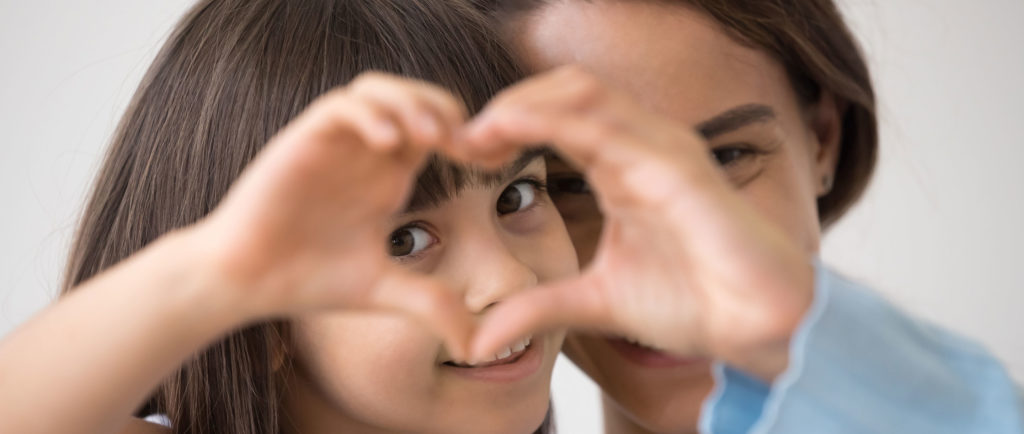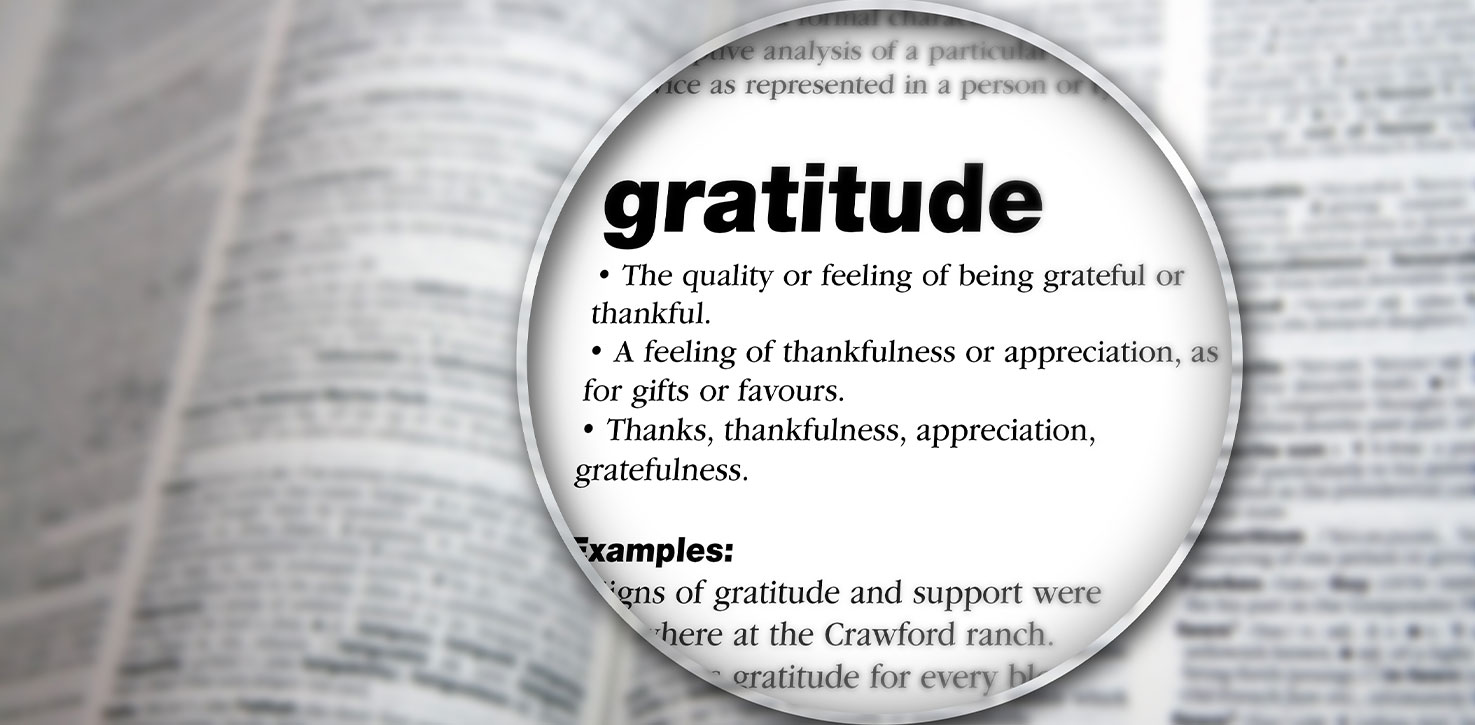
Why Our Brains Love a Good Thank-You
How Gratitude May Have Profound Effects on Your Well-Being
We know our mental attitudes can influence how we experience ourselves, other people and the world. One mental attitude that’s been heavily studied is gratitude. Mounting research tells us the simple act of being grateful can transform our lives in the most amazing ways.

Put simply, “gratitude is a thankful appreciation for what an individual receives, whether tangible or intangible,” according to Harvard Medical School, which reviewed research on how gratitude affects us.
The Case for Gratitude
In one study, researchers asked a group of participants to jot down a few lines each week about things that had made them feel grateful. A second group wrote about negative experiences. A third group wrote about experiences that were neither positive or negative.
After 10 weeks, participants who focused on gratitude:
- Were more optimistic
- Felt better about their life experiences
- Spent more time exercising
- Visited the doctor less frequently than those in the other study groups
In a study involving 411 test subjects, researchers found the action that increased people’s happiness the most was writing a letter of gratitude to someone the writer had never properly thanked for his or her kindness.
A grateful attitude starts with the simple act of noticing all in our lives that is good
Why Gratitude Works
In our busy lives, we tend to focus on the future. Plans, goals, upcoming events and expected achievements remove us from the present, which is the only place an attitude of gratitude can benefit us. Dissatisfaction drives us to accomplish, to improve something. While it’s a good motivator, dissatisfaction can also overwhelm us and cause us to forget that many of the things we have right now are things that, in the past, we knew we’d be grateful for if only we could obtain them.
A grateful attitude starts with the simple act of noticing all the good in our lives, regardless of what is going on at the moment. But that good can’t foster gratitude until you acknowledge it.
When we’re grateful for anything we have or have had, most of us feel empowered with confidence and self-esteem. Appreciation motivates us with the reminder that good things exist and can be brought into our reality in many ways.
Benefits of a Grateful Attitude
In “7 Scientifically Proven Benefits of Gratitude,” Psychology Today author Amy Morin, LCSW, cites several studies that show how gratitude can improve multiple areas in our lives. The benefits of gratitude, based on these studies, include:
More relationships: Openly appreciating others makes them more likely to want to develop an ongoing relationship with you.
Better health: Gratitude combats bitterness, anger, resentment and other attitudes that are believed to cause us to feel unwell and actually become sick. Research indicates that positive feelings may improve certain negative health issues.
Enhanced sleep: A 2011 study reported that spending 15 minutes before bed writing down things you’re grateful for can result in longer and sounder sleep.
Improved self-esteem: Several studies have shown being grateful for what we currently have helps us focus less on what others have that we don’t, leading to more positive feelings about ourselves.
Reduced aggression: People who practice an attitude of gratitude are less likely to be retaliatory, and they exhibit fewer antisocial behaviors.
Practice Gratitude Today
Being grateful is a choice, one you have control over. Here are five ways to start:
Being grateful is a choice
Being grateful may make you feel so much better about your life and everything in it. It may turn your focus in a direction that makes you glad for all the little—and big—things you get to enjoy. Best of all, gratitude is free, so why not stop reading now and find a few reasons to be grateful?



























